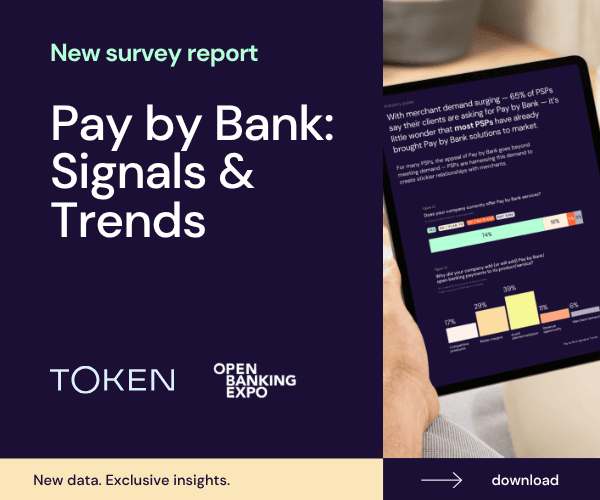

Konsentus reveals growth in EEA TPPs passporting Open Banking services
Ellie Duncan | News
23 May 2024
The number of European third-party providers (TPPs) regulated to provide Open Banking services outside of their domestic market has increased significantly since 2019, while third parties authorised to initiate payments on behalf of account holders has also grown, according to new data.
The Konsentus Q1 2024 TPP Tracker reported that there are 367 regulated TPPs in the European Economic Area (EEA).
Germany has the highest number of domestic third parties, at 37, and Italy has the highest number of non-domestic TPPs, totalling 149.
Open Finance technology and advisory services provider Konsentus began reporting on the number of regulated Open Banking third parties in the EEA in September 2019, when 34% of the total number of EEA TPPs could passport their Open Banking services to other EEA markets.
Its latest quarterly tracker revealed that 52% now have the required permissions to provide Open Banking services outside of their home-regulated market – an overall increase of 53%.
Konsentus has reported a similar trend in payment services growth, with 52% of EEA TPPs able to initiate payments on an account holder’s behalf back in September 2019, compared to 66% currently – or 241 of the 367 total EEA TPPs.
Mike Woods, chief executive officer of Konsentus, said: “In the early years of PSD2, fintechs spent their time and effort building APIs and connecting to the banks. They are now capitalising on all that early hard work, monetising their services and earning revenue.
“Our data reinforces that although quarter-by-quarter change is marginal, the difference is significant when you compare the figures from 2019 with today.”
However, Konsentus has warned that the growth in cross-border transactions and increasing number of fintechs who are authorised to initiate Open Banking payments on an account holder’s behalf have created additional security risks for banks.
It cited an EBA paper published in April this year, which found that for both cards and credit transfers “cross-border fraud rates in volume are about 9 times higher than for domestic transactions”.
Woods added: “Banks must make sure they’re fully prepared to respond to the changing landscape and continue to keep their customers’ data and funds safe and secure.”
In October last year, Konsentus revealed that Open Banking has been adopted by 68 countries globally, with the majority electing for a regulatory-led approach.



